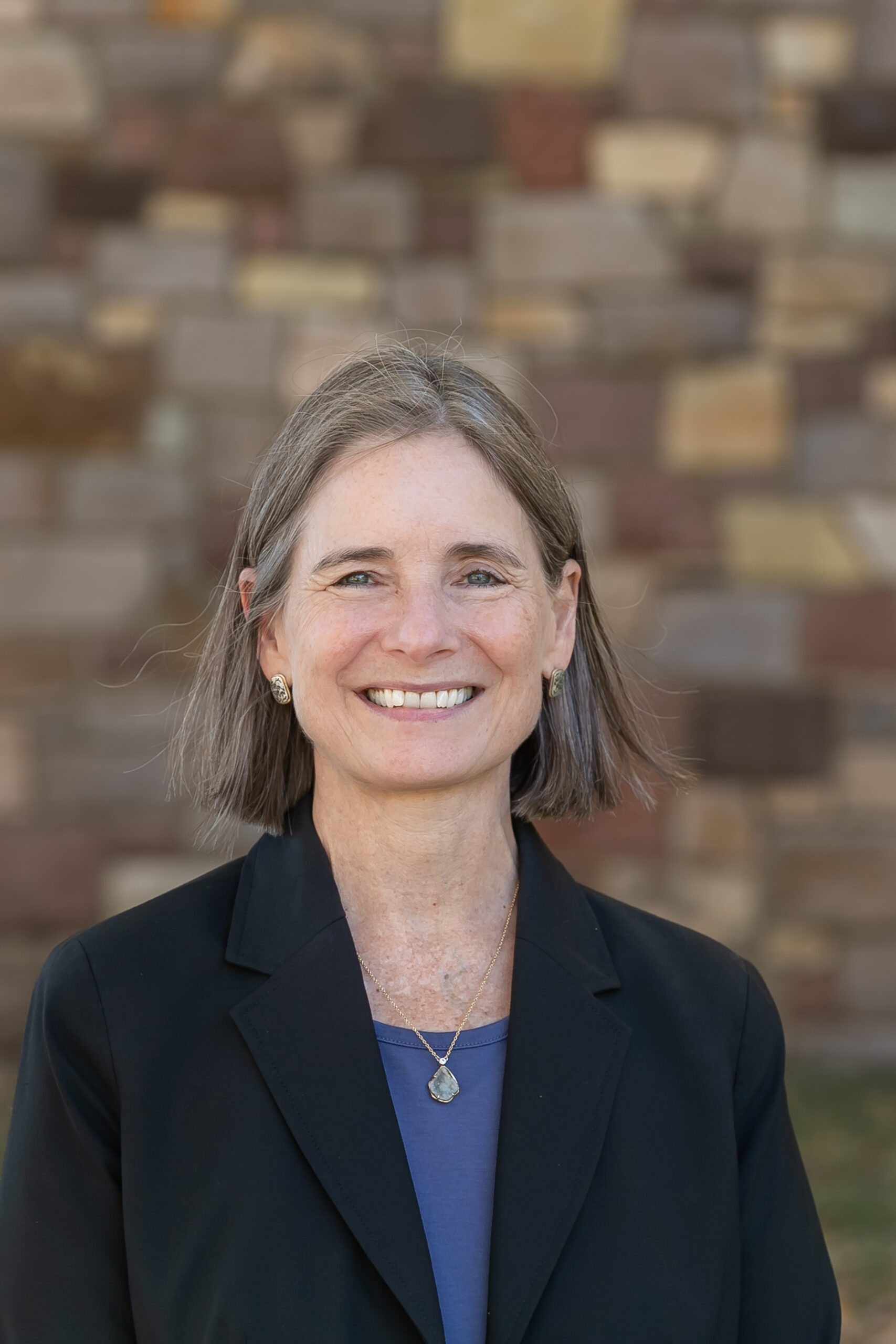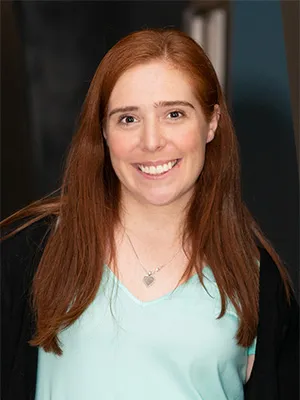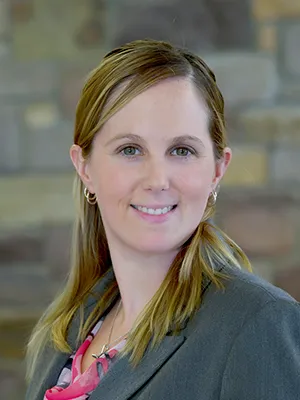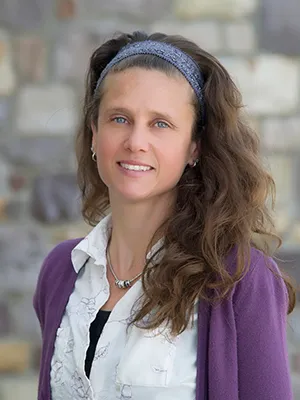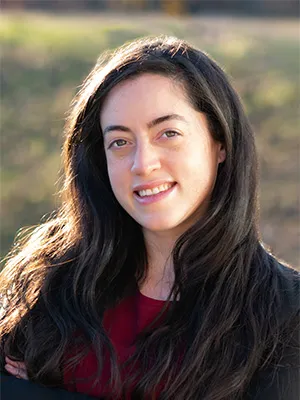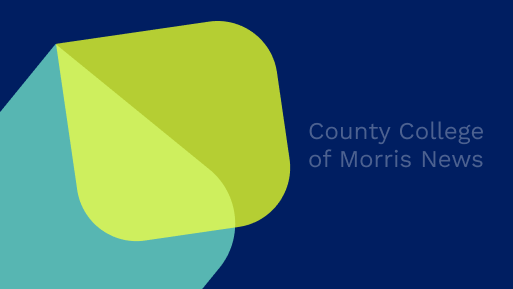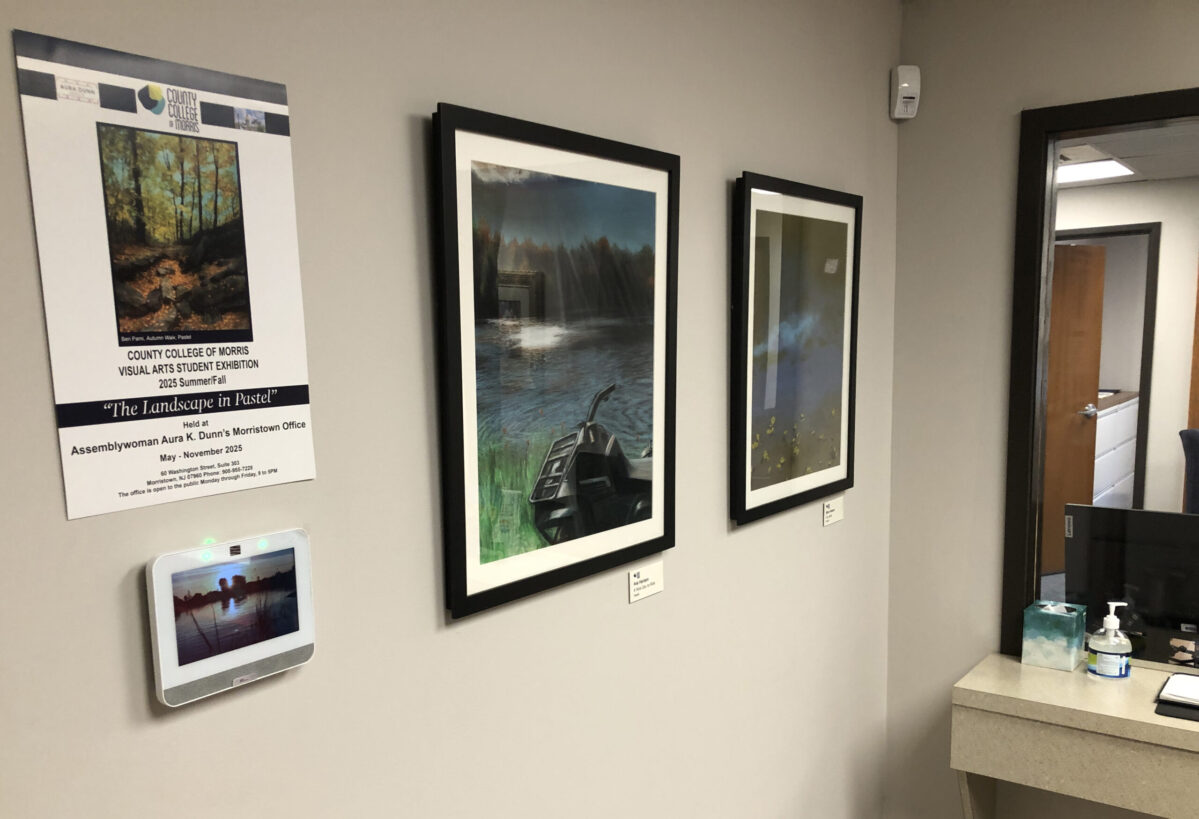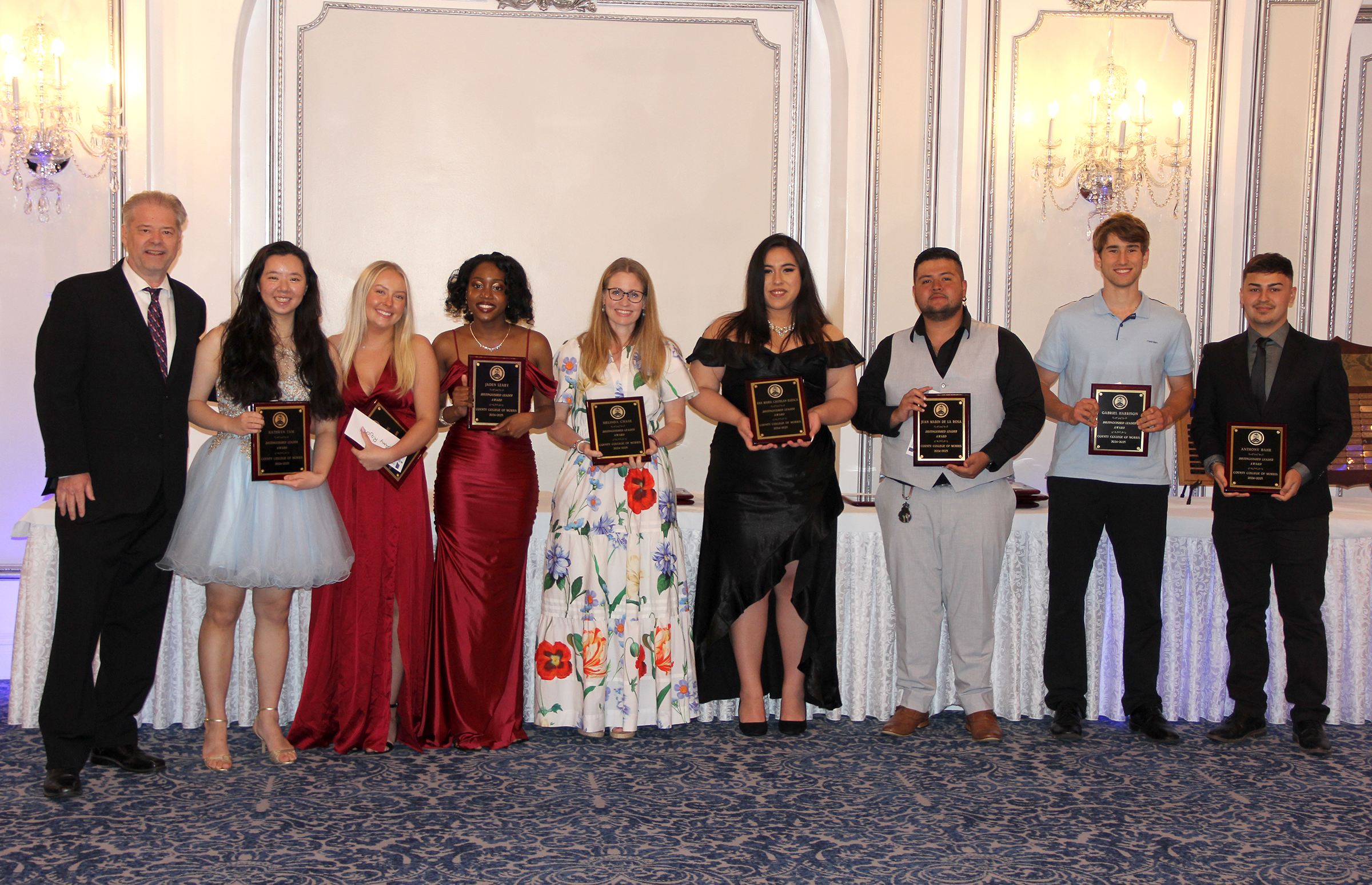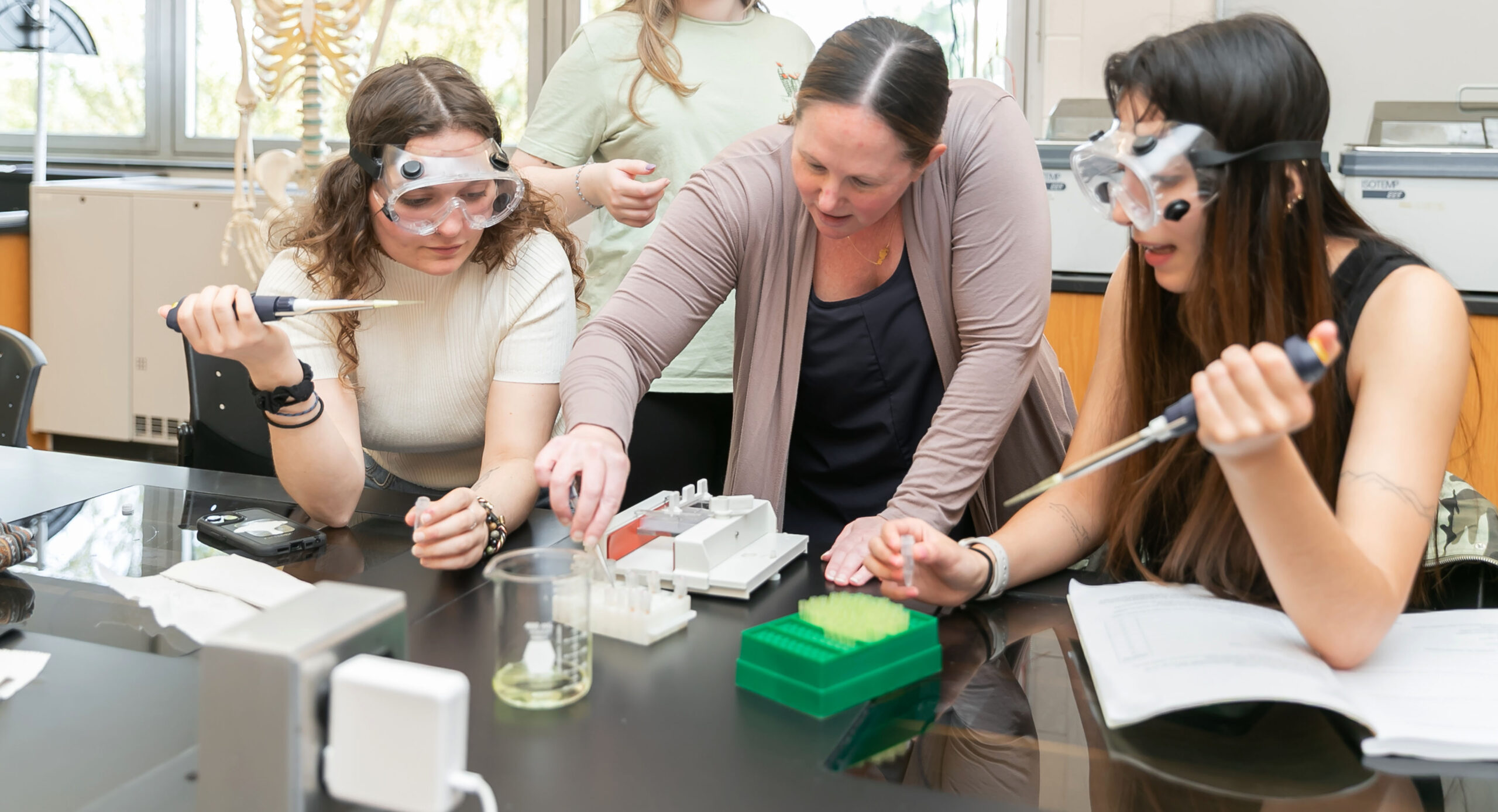What You Will Learn
Biology is one of the most rapidly developing sciences due to the growing need for trained professionals in new, as well as traditional fields, including medical, environmental, research and veterinary. The curriculum at CCM with each of its six tracks reflects this expanding science and its related technologies by emphasizing the sciences and mathematics in a Liberal Arts Program.
Students enrolled in the Associate of Science (A.S.) in Biology Program at CCM will complete courses that transfer and parallel those required in the first two years of most bachelor degree programs in biology or those required for entry into the most popular professional programs such as medical, dental or veterinary medical schools.
College programs may differ widely in course offerings for various biology majors. In order to achieve maximum transfer of credits, it is essential that students speak to their academic advisors and consult the transfer institution regarding specific curriculum requirements.
Biology Program Learning Outcomes
- Define and explain the key ideas and foundational concepts in the biological sciences.
- Apply the correct use of biological instrumentation and proper laboratory and safety techniques.
- Explain and apply the scientific method including designing, conducting and analyzing experiments.
- Locate, analyze and evaluate scientific literature and synthesize the information obtained to effectively communicate scientific information in written or oral format.
- Identify and assess ethical issues as they pertain to the biological sciences.
- Solve problems in the biological sciences using appropriate mathematical concepts, critical-thinking skills, and technology.
- Identify the role played by the biological sciences as they relate to the individual and society.
Curriculum
CCM offers six tracks in the Biology Program:
- Traditional – Track 1 is the traditional curriculum, which, because of its general scope, is anticipated to satisfy the needs of majority of students. Students in this program can continue in any direction. In certain circumstances, students may have to make up credits upon transferring.
- Health Related – Intended only for students who are preparing to transfer directly to a certain professional schools including chiropractic, occupational therapy and physician’s assistant programs. This program is not suitable for students wishing to apply to programs in medicine, dentistry, optometry or podiatry since this track has a more narrow selection of courses which may restrict transfer options.
- Pre-professional/Biotechnology – Intended to meet the needs of those whose math and science skills are above average and who hope to transfer to the more competitive baccalaureate programs, professional schools or medical, veterinary or dental schools.
- Environmental – Designed to meet the needs of students who are interested in environmental science, ecology and natural resources. These programs are becoming increasingly more specialized in the array of courses required in the first two years.
Careers in the Field
- Biological Technician
- Biologist
- Biology Teacher
- Chiropractor
- Dentist/Hygienist
- Environmental Scientist/ Technician
- Occupational Health/ Safety Specialist
- Pharmaceutical Sales Representative
- Physician/ Physician’s Assistant
- Registered Dietician
- Veterinarian
Where You Can Go
CCM credits from the Biology program are readily transferable towards four-year Biology and other degrees at many state and private colleges and universities. CCM has Biology articulation agreements with:
- Centenary College
- College of Saint Elizabeth
- Drew University
- East Stroudsburg University
- Rider University
- West Virginia University
- William Paterson University
Why Study Biology at CCM?
Students who study Biology at CCM learn from enthusiastic and dedicated faculty members who have the knowledge and experience to guide students with a wide range of courses. Faculty members help students achieve their goals by using state-of-the-art laboratories and equipment. Several faculty members have been nominated or won the National Institute for Staff and Organizational Development Excellence Award. CCM students will have a solid foundation of knowledge and critical thinking and problem-solving skills. Class sizes are small and students receive individual attention as well as supplemental help and free tutoring, if needed
Paying for Your Biology Education
Earning an associate degree is a powerful investment that will pay off over the course of your life, in both increased earnings and job satisfaction. But what is the upfront cost, and how do you afford it?
There’s good news: Money is available to help you pay for school! Our Financial Aid staff can provide lots of information about the process of finding funds to help pay for your education.
Your Biology: Traditional Faculty Advisor
Assistant Professor
Assistant Professor
Your Biology: Pre-Professional/Biotechnology Faculty Advisor
Assistant Department Chairperson, Associate Professor
Professor
Your Biology: Health Related Faculty Advisor
Instructor
Assistant Professor
Your Biology: Environmental Track Faculty Advisor
Associate Professor,
Associate Professor
Your Biology: Nutrition Faculty Advisor
Professor

